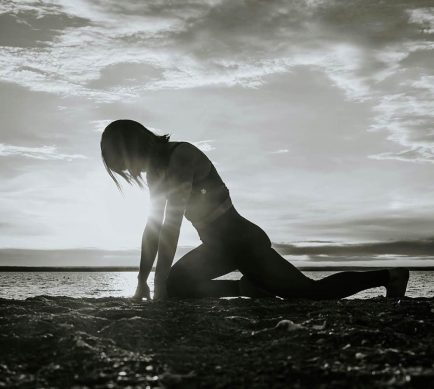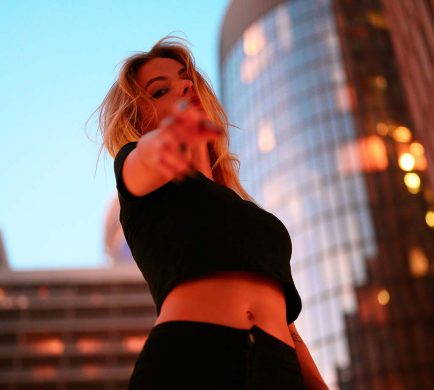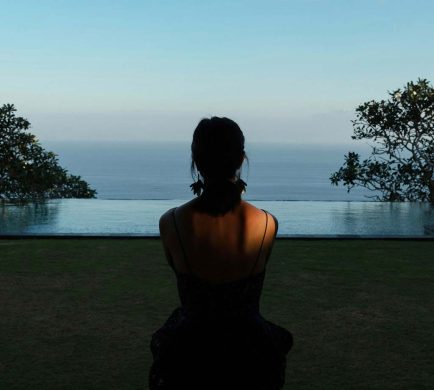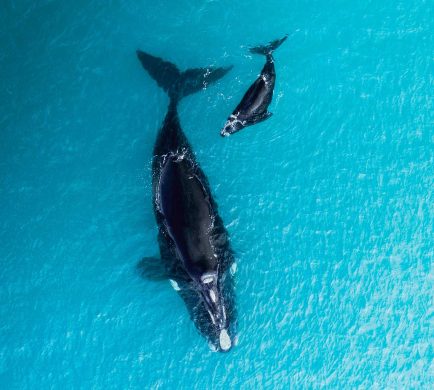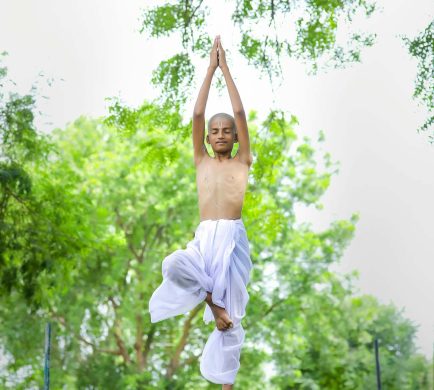By Deb Richard
My rookie year was filled with both joyful and frustrating moments as I tried to win on the LPGA tour. I finished second twice and scored a top-ten finish in the US Women’s Open. It was however a rewarding rookie year, and it cemented my belief that I could compete against the best in the world.
Winning would be the single motivating goal in 1987.
My caddie, Carl “the Machine” Laib, convinced me to play the LPGA’s Rochester International tournament at Locust Hill Country Club, in New York. I had skipped it my rookie year, and he often raved about the course suiting my game perfectly. I trusted Carl’s assessment and I added Rochester to my playing schedule.
I did fall in love with the course from the very first round I played. It was a shot-makers’ course with small sloped greens that required strategy. It was the type of course Ron had groomed me to play.
I opened the tournament with a six-under-par round of sixty-six. I had the lead. On day two I followed with a sixty-nine to maintain my lead. On day three I stumbled to a seventy-three, but I still managed to keep my lead on the tricky course. On day four I was chasing the dream, and I was ahead of the pack.
It was a cool, drizzly, breezy day. I stood on the first tee with adrenalin rushing throughout my body. I was nervous. There is a very fine line between throw-up nervousness and adrenalin nervousness that brings out greatness. I was hoping for greatness.
Everyone struggled with the challenging conditions on Sunday. By the time we finally reached the eighteenth tee, I had built a four-shot lead. My adrenalin was on overdrive. My thoughts were racing, and my heart was pounding. Even though I had experience winning at other levels, this was distinctly different territory. This was the lifelong dream.
The eighteenth at Locust Hill CC is the second hardest hole on the course. The hole turns slightly to the left while the fairway slopes to the right. The left rough is lined with imposing barrel-shaped fir trees with limbs to the ground while the right rough had brutally deep grass. It also played uphill, which meant the putting surface was a hidden target.
As my heart raced, I hooked my tee shot into a big fir tree in the left rough. When I arrived at my ball, I had no swing. My only option was to take a one-shot penalty for an unplayable lie and drop the ball two club lengths from where it had come to rest. It barely got me out of the tree, but I had a narrow sightline to the green. I managed to carve a low punch five-iron onto the front of the green. My four-shot cushion was a blessing. I needed it to calm the adrenalin rush! As we walked to the eighteenth green, the crowd rose to its feet and cheered loudly. A nervous smile was all I could muster. I had unfinished business and I tried to refocus on finishing the hole.
I had to navigate a thirty-foot left-to-right breaking putt from the lower level of the green to the top tier. I had practiced the putt during my practice rounds, but my hands and mind were not filled with this kind of adrenalin during practice. I hit the putt on a good line, but I left it two and a half feet short.
I still had work to do. Even as my hands shook and my thoughts raced, I sank the short putt and captured my first professional win. I was now an LPGA champion. I had realized the dream. The feeling of that moment was different from every other win. I was peaceful. I was fulfilled. I was happy, and I was reflective. I owed this moment to so many other people in my life. Flashbacks filled my mind as I stood on the eighteenth green during the awards ceremony. I thought of Ron, Mom, Dad, Coach Ryan, Judy Bell, my brother Mike, and my caddie, Carl.
My next priority was to get on a plane to Kansas to celebrate with family and friends. Our celebrations would last throughout the week in my hometown of Manhattan. There was no containing my smiles. When you dream of doing something for over a decade, and every waking hour is dedicated to realizing that dream, the attainment of the dream is a joy beyond the English language. It is a moment to be savored.
The following May I was sitting in the players’ lounge at an LPGA event in Nashville, Tennessee with the Rochester International tournament director, Linda Hampton. As the tournament’s defending champion, I was responsible to help promote the upcoming 1988 Rochester International at a media day in a couple of weeks. In preparation for the event, Linda wanted my reflections from my first tour win to share with the media.
“It has been ten months since capturing your first LPGA tour win. It was the realization of the dream come true,” Linda said to me. “What is the single most outstanding memory from your victory?”
“My answer will surprise you,” I said with a smile. “It was meeting the little girl at camp.”
Linda’s silence told me she had no idea what I was talking about.
I continued, “When we did the Sunshine Camp visit, there was a little girl who represented all the campers in giving me flowers. She created a profound change in me.”
Two weeks after my Rochester win, the tournament organizers invited me to return to Rochester and visit the two Rotarian-funded summer camps for disabled children who were supported with tournament proceeds. All LPGA events operate as 501(c)3 organizations. The mission is to raise funds to enrich the communities where we play.
This was the first time I participated in visiting a charity supported by an LPGA event. I was so excited to return to Rochester and visit as the Rochester International’s newest champion. I knew I was excited for the experience, but I was excited through the prism of being a new champion. My prism changed quickly.
Upon arriving at the Sunshine Camp, I sensed something completely different than what I had anticipated. As I walked under their arched entrance to camp, I found all the youngsters aged seven to ten brought together like a chorus group. They had made signs welcoming me to camp. They sang me a camp song. And in the front row was an adorable little girl holding flowers. At the end of the song, they prodded her to give me the flowers on behalf of all the campers. I squatted down to be eye level with her. Her little hands were shaking around the stems. I reached for the flowers and gave her a big hug to say thank you. She never said a word.
In that moment, holding the most fragile human I had ever held, I discovered a purpose in me. The course of my life would never be the same.
As I related a version of this story to Linda, I concluded, “The little girl taught me what it means to be an LPGA player. As much as I spend my life performing in front of thousands of people, that performance is the intensely personal side of golf. It is my sacrifice and my endless hours of practicing being celebrated.
That is the investment of the many others who have helped shaped my life.”
I finished by revealing, “However, that little girl made me realize that when I step outside the ropes, I have a platform to change the world.”
What I realized that day was that the campers had no idea who Deb Richard was. All they cared about was that someone who did something other folks’ thought was cool was taking time out of her day to tell the campers that they were special. Life outside the ropes had new meaning.
I returned to Rochester for media day to share my story in finding purpose. I now understood the value and responsibility that came with being a professional athlete. At the end of my remarks, the head of Monroe County Rotary, Elmer Conway, took the microphone and said, “Deb, we have a little surprise for you.”
All eyes turned to the back of the room where a set of double doors opened, and there stood the amazing little girl in a white dress holding a bouquet of flowers once again. There was no holding back my tears. Seeing her again fulfilled me. She gently walked my way, and I met her halfway. Her steps were measured and slow.
I squatted down and asked the question I needed her to answer, “What is your name?” “Jessica.”
I had my North Star.


